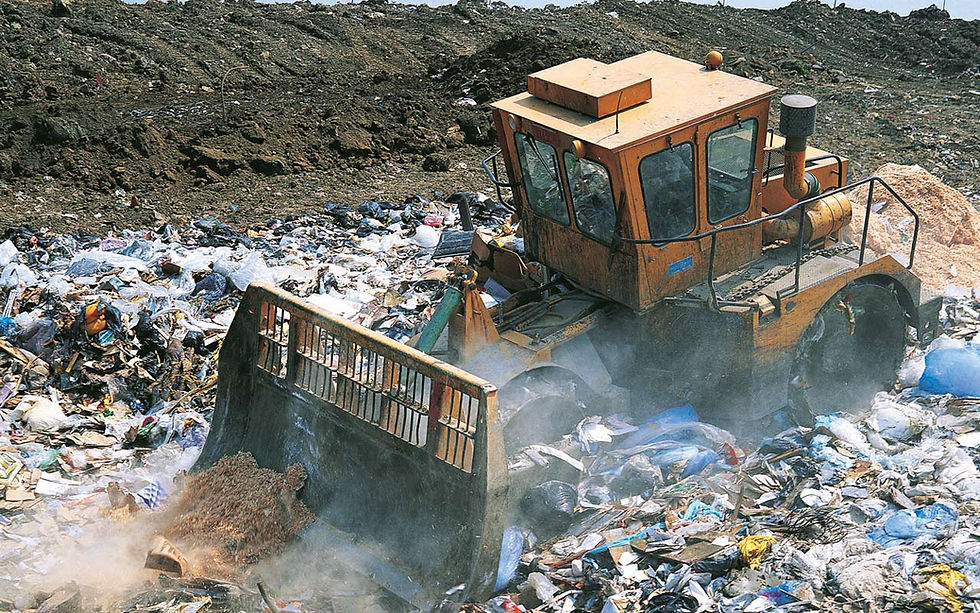Waste Management: Why It Matters and How You Can Make a Difference
- david51651
- Jun 9, 2025
- 2 min read
What Is Waste Management?
Waste management refers to the systematic handling of waste materials—from collection and transportation to recycling and disposal. It plays a critical role in protecting the environment, conserving resources, and promoting sustainable development.
Common types of waste include:
Municipal solid waste (household rubbish)
Industrial waste
Hazardous waste
Electronic waste (e-waste)
Organic waste (food scraps, yard waste)
Why Is Waste Management Important?
Effective waste management offers a range of benefits:
1. Environmental Protection
Poor waste disposal leads to land, air, and water pollution. Proper recycling and waste reduction help conserve ecosystems and biodiversity.
2. Public Health
Unmanaged waste can attract pests and spread diseases. Sanitary waste disposal is essential for community well-being.
3. Resource Conservation
By recycling, we reduce the need for raw materials, saving energy and minimizing environmental impact.
4. Climate Change Mitigation
Landfills emit methane, a potent greenhouse gas. Diverting waste from landfills helps reduce carbon footprints.
5. Economic Benefits
The waste management industry creates jobs and stimulates innovation, especially in green technologies and the circular economy.
The 5 R’s of Effective Waste Management
Master the 5 R’s to live a zero-waste lifestyle:
Refuse – Avoid products that generate unnecessary waste.
Reduce – Minimize what you consume and throw away.
Reuse – Use items multiple times before discarding.
Repurpose – Give waste a new life by turning it into something useful.
Recycle – Sort and dispose of waste materials properly for recycling.
These principles are essential for building a more sustainable future.
Key Challenges in Waste Management
Despite its importance, waste management systems face several obstacles:
Inadequate infrastructure in many regions
Poor waste segregation at the source
Limited public awareness
Growing volumes of e-waste and plastics
Overdependence on landfills
Addressing these issues requires a combination of technology, education, and policy reform.
Innovative Waste Management Solutions
Here are some modern, sustainable approaches being adopted globally:
Smart waste bins that send alerts when full
Composting programs for organic waste
Waste-to-energy plants generating electricity from trash
Circular economy initiatives that prioritize reuse and recycling
These innovations make waste management more efficient and environmentally friendly.
How You Can Contribute to Better Waste Management
Your everyday actions matter. Here’s how to get involved:
Sort recyclables and non-recyclables properly
Compost food and garden waste
Avoid single-use plastics and disposable packaging
Buy products made from recycled materials
Educate others about sustainable waste practices
Final Thoughts: Waste Is a Resource—Use It Wisely
Waste management is not just a civic duty—it’s a key pillar of sustainability. By adopting smarter habits and supporting local waste initiatives, you help reduce pollution, conserve resources, and protect the planet.
🌱 Ready to start your zero-waste journey? Share this post and inspire others to manage waste more responsibly.






Comments